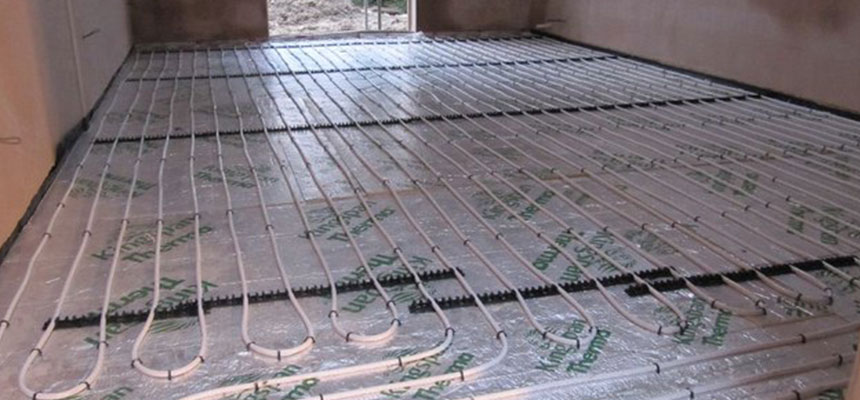Image by Bill Nicholls CC BY-SA 2.0 Geograph
Underfloor heating is in no way a new concept, yet it does not appear to become a common feature in the home. Thus, radiators remain to be the most common heating units installed in homes, but may not be the most efficient form of heating. In homes where underfloor heating is used, bathrooms remain to be a popular option for such installations. However, other areas in the house would benefit from it as well.
Pros
- The first advantage of an underfloor heating unit has to do with installation. If you are confident enough with DIY, you may get self-installation kits and prepare the unit by yourself without paying an expert for his services. This may save you a lot of money that could add up if you need to get someone in to install the system in different rooms.
- The other benefit of underfloor heating is the efficiency of the unit. As heat goes up, having the source of heat underneath the floor lets the room heat through from base to top, other than halfway up the wall to the top. The heat moves around the room faster, instead of coming from only a section of the room.
- As the surface heats and cools more gradually in an underfloor unit, it would keep the room at consistent temperatures that can aid in preventing condensation and other related issues.
- Underfloor heating units can additionally act as a minor area-saving tool, particularly when big radiators would otherwise take up the entire wall in the room.
Cons
- Whereas self-installation is an advantage when it comes to underfoot heating costs, installing the unit may also be a drawback. If Do It Yourself is not your thing, or you simply do not want to risk the unit being installed poorly, installing the unit may be somehow expensive. You not only have to pay for expert services but also the initial costs of purchasing the system, particularly if you want to install in many rooms.
- The running costs of underfloor heating may be expensive if you are using an electric system. Whereas the energy or cost saving benefits are more evident for the water underfloor heating units, electric systems have proven to incur much more costs for operating over time. These costs become even greater for larger homes with more floor surface to heat.
- Despite the ability to keep, a room warmer for much longer, underfloor heating takes more time to heat up compared to other radiators. Therefore, if the system is not configured to automatically turn on or off when needed, you may be sitting around in a cold space for a while before the heat kicks in.
- Unlike radiators that can be used easily in any room, underfloor heating needs particular conditions for which it can be most efficient. For instance, rooms with many fittings and furniture may not be as ideal for underfloor heating use as many open rooms with too much accessible floor space.

